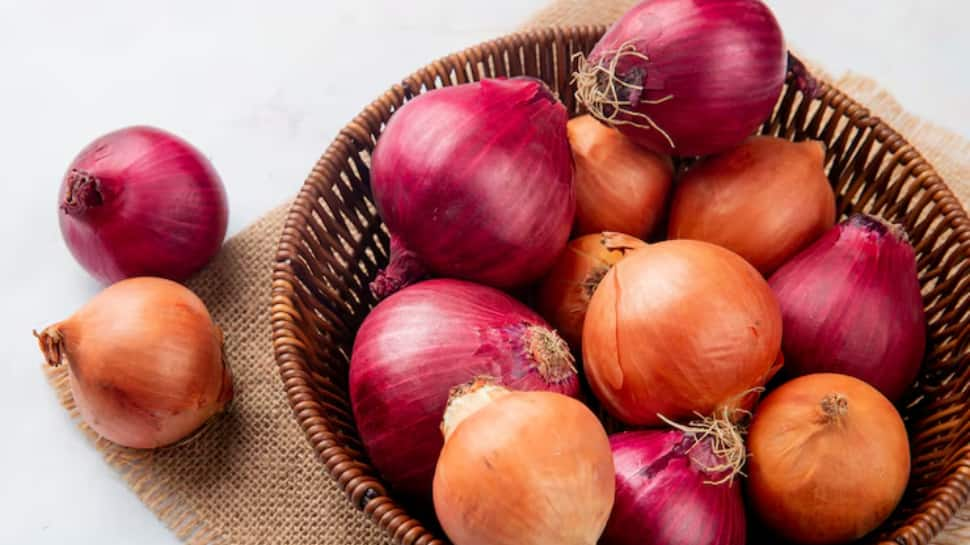Onions are a staple in kitchens worldwide, praised for their flavor and health benefits. Raw onions, in particular, are rich in vitamins, antioxidants, and compounds like quercetin that boost immunity and reduce inflammation. However, consuming them in excess or for certain individuals can lead to side effects.
Here are 7 side effects of eating raw onions you must know:-
1. Digestive Issues
Raw onions contain fructans, a type of carbohydrate that can be hard to digest. Overconsumption may cause bloating, gas, or even stomach cramps, especially in people with irritable bowel syndrome (IBS).
2. Heartburn and Acid Reflux
Onions can relax the lower esophageal sphincter, allowing stomach acid to flow back into the esophagus. This may trigger heartburn, acid reflux, or discomfort in sensitive individuals.
3. Bad Breath
Raw onions have sulfur compounds that are absorbed into the bloodstream and exhaled through the lungs, causing strong, lingering breath odor.
4. Allergic Reactions
Some people may develop allergic reactions to raw onions, such as skin rashes, itching, or even swelling. Severe reactions, though rare, require immediate medical attention.
5. Increased Risk of Bleeding
Onions have natural blood-thinning properties due to their antiplatelet effects. Excessive consumption can increase bleeding risk, especially for people on blood-thinning medications.
(Also Read: How To Treat Allergies Naturally At Home: 5 Effective Remedies That Really Work)
6. Lowered Blood Sugar Levels
While beneficial for diabetics in moderation, raw onions can sometimes cause a sudden drop in blood sugar if eaten in large quantities, leading to dizziness or fatigue.
7. Eye Irritation
Chopping or consuming raw onions releases sulfur compounds that can irritate the eyes, causing tears, burning, or discomfort.
Raw onions offer many health benefits, but moderation is key. Individuals with digestive issues, allergies, or those on blood-thinning medications should be cautious. By understanding these side effects, you can enjoy onions safely as part of a balanced diet.
(This article is meant for informational purposes only and must not be considered a substitute for advice provided by qualified medical professionals.)

